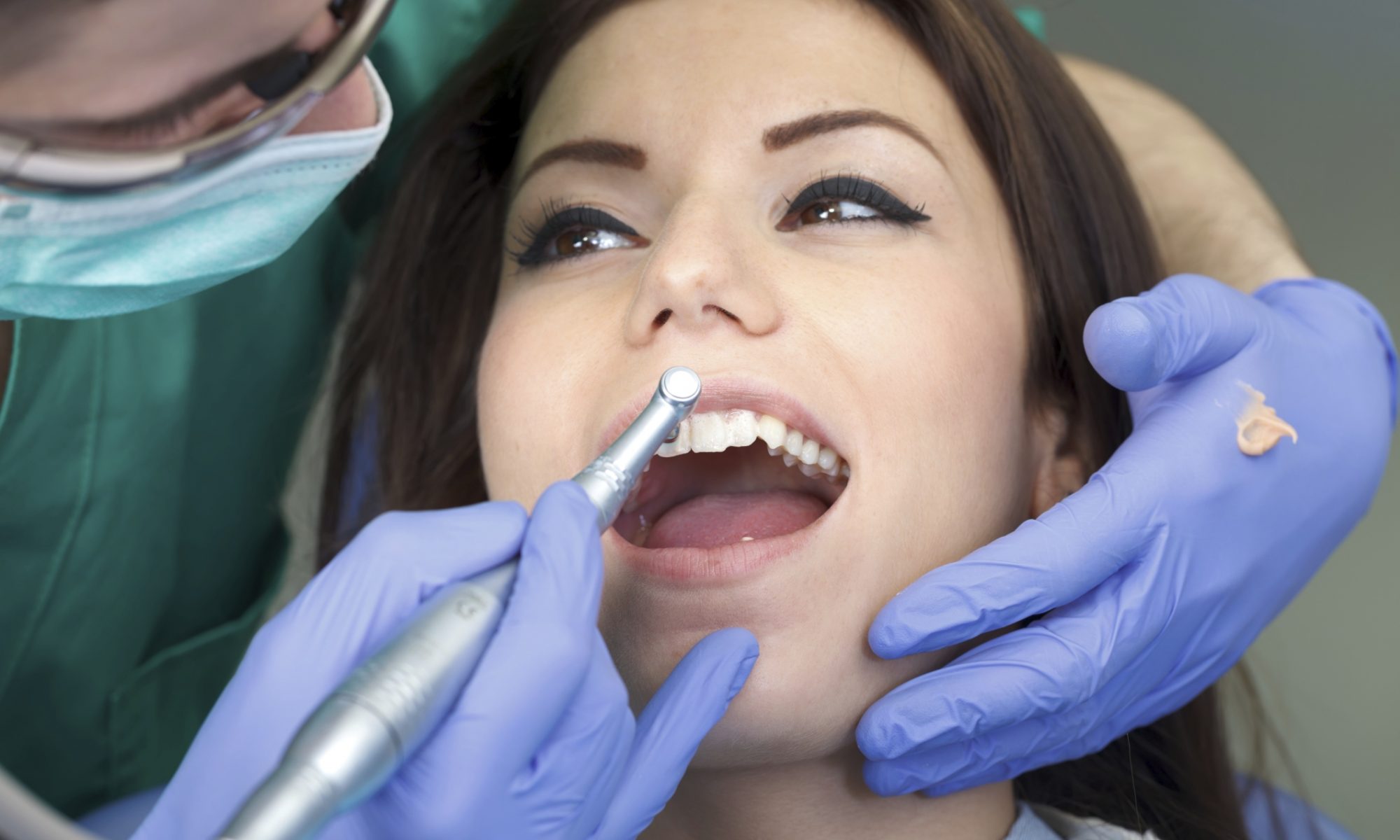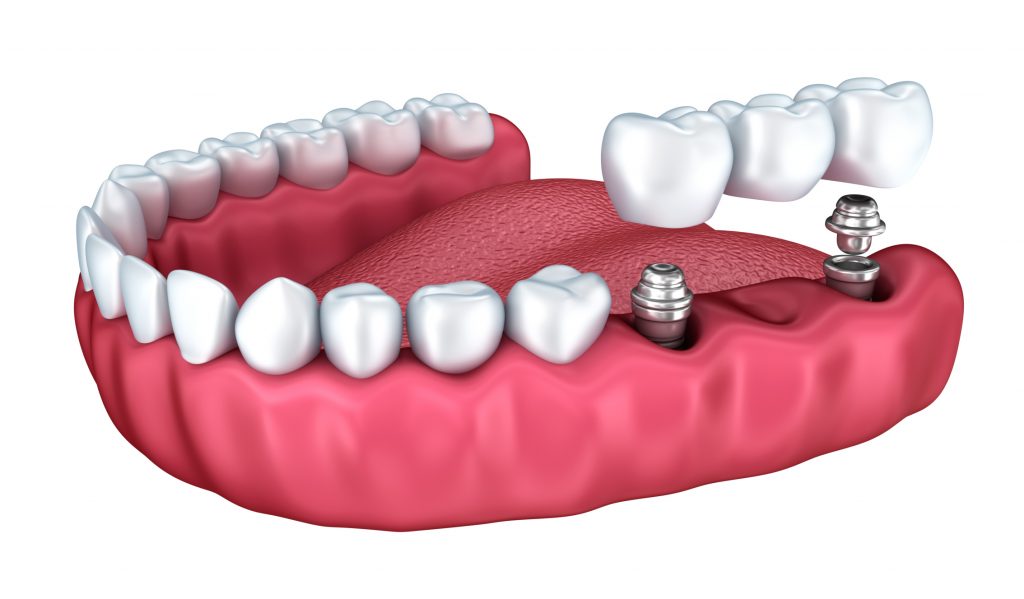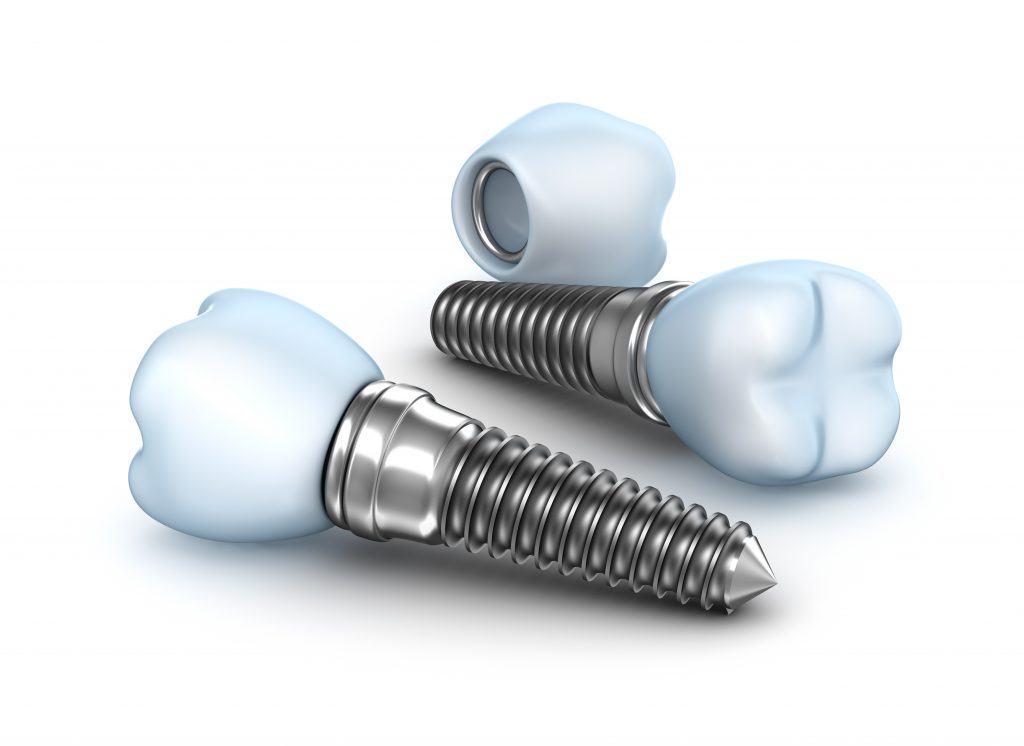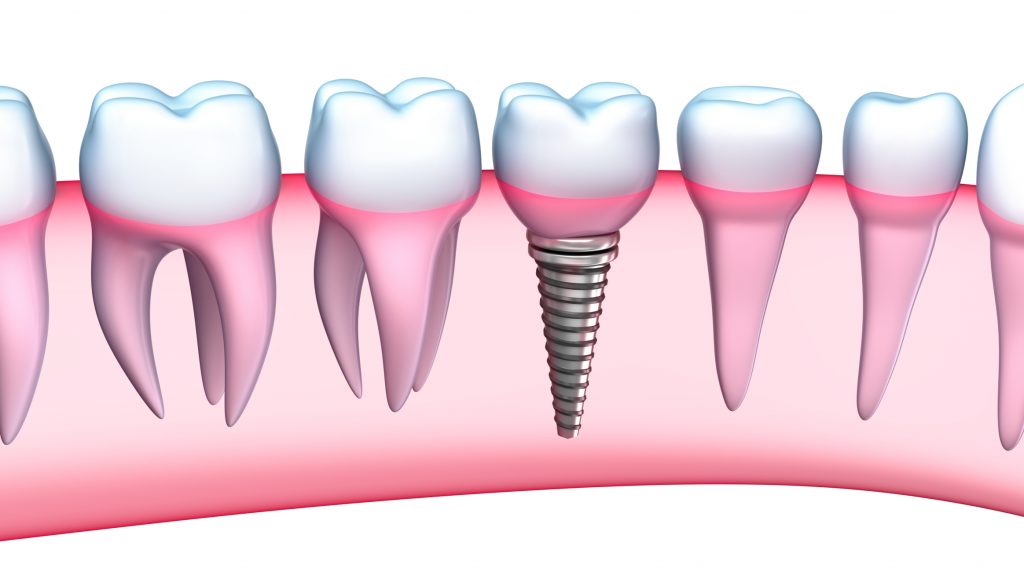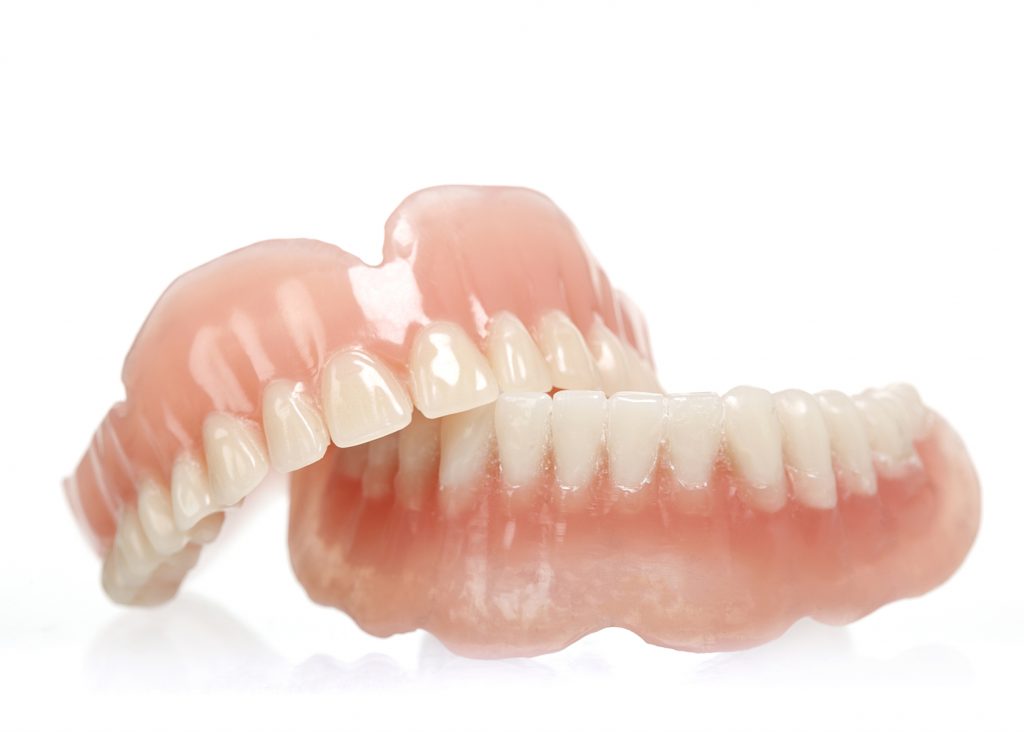Gum recession is a common dental issue that can lead to sensitivity, aesthetic concerns, and even tooth loss if left untreated. Traditional gum grafting procedures have long been the go-to solution, but advancements in dental techniques have introduced a minimally invasive alternative – Pinhole Gum Restoration Surgery.
Understanding Pinhole Gum Restoration Surgery:
Pinhole Gum Restoration Surgery, also known as the Pinhole Surgical Technique (PST), is a revolutionary method designed to treat gum recession without the need for extensive incisions, sutures, or grafts. Dr. John Chao introduced this technique as a patient-friendly alternative to traditional gum grafting, and it has gained popularity for its efficiency and quick recovery time.
How Pinhole Gum Restoration Surgery Works:
Pinhole Entry
- The procedure begins with a small pinhole entry point made in the patient’s gum tissue. This eliminates the need for the large incisions required in traditional grafting procedures. Gentle Tissue Manipulation:
- Specialized instruments are used to gently loosen and reposition the existing gum tissue. This process covers the exposed root surfaces and addresses the recession without the need for donor tissue.
- Collagen Strips
- Collagen strips are then inserted through the pinhole to stabilize the repositioned tissue and promote natural healing. This innovative technique avoids the use of traditional sutures.
Benefits of Pinhole Gum Restoration Surgery
- Minimally Invasive
- The most significant advantage of Pinhole Gum Restoration Surgery is its minimally invasive nature. Patients experience less discomfort, swelling, and a quicker recovery compared to traditional grafting procedures.
- Immediate Results
- Unlike traditional grafting, which may take weeks or months to show results, Pinhole Gum Restoration Surgery provides immediate cosmetic improvement. Patients can leave the dental office with a more aesthetically pleasing smile on the same day. Reduced
- Minimal Discomfort
- Patients often report minimal post-operative discomfort with Pinhole Gum Restoration Surgery, making it a more patient-friendly option compared to traditional methods.
- Preservation of Healthy Tissue
- Since Pinhole Surgery utilizes existing gum tissue, there’s no need to harvest tissue from other areas of the mouth or use donor tissue. This helps preserve healthy tissue and reduces the risk of complications.
Pinhole Gum Restoration Surgery represents a significant leap forward in the treatment of gum recession. Its minimally invasive approach, immediate results, and reduced discomfort make it an attractive option for those seeking an efficient and patient-friendly solution to address gum recession. If you’re experiencing gum recession and looking for a cutting-edge alternative to traditional grafting, consult with your dentist to determine if Pinhole Gum Restoration Surgery is the right choice for you.
For more information, call Dr. Ladani in Schnecksville, PA at 610-799-0600 or visit www.extraordinarysmiles.net.
Dr. Sandip Ladani proudly serves patients from Schnecksville and all surrounding areas.

